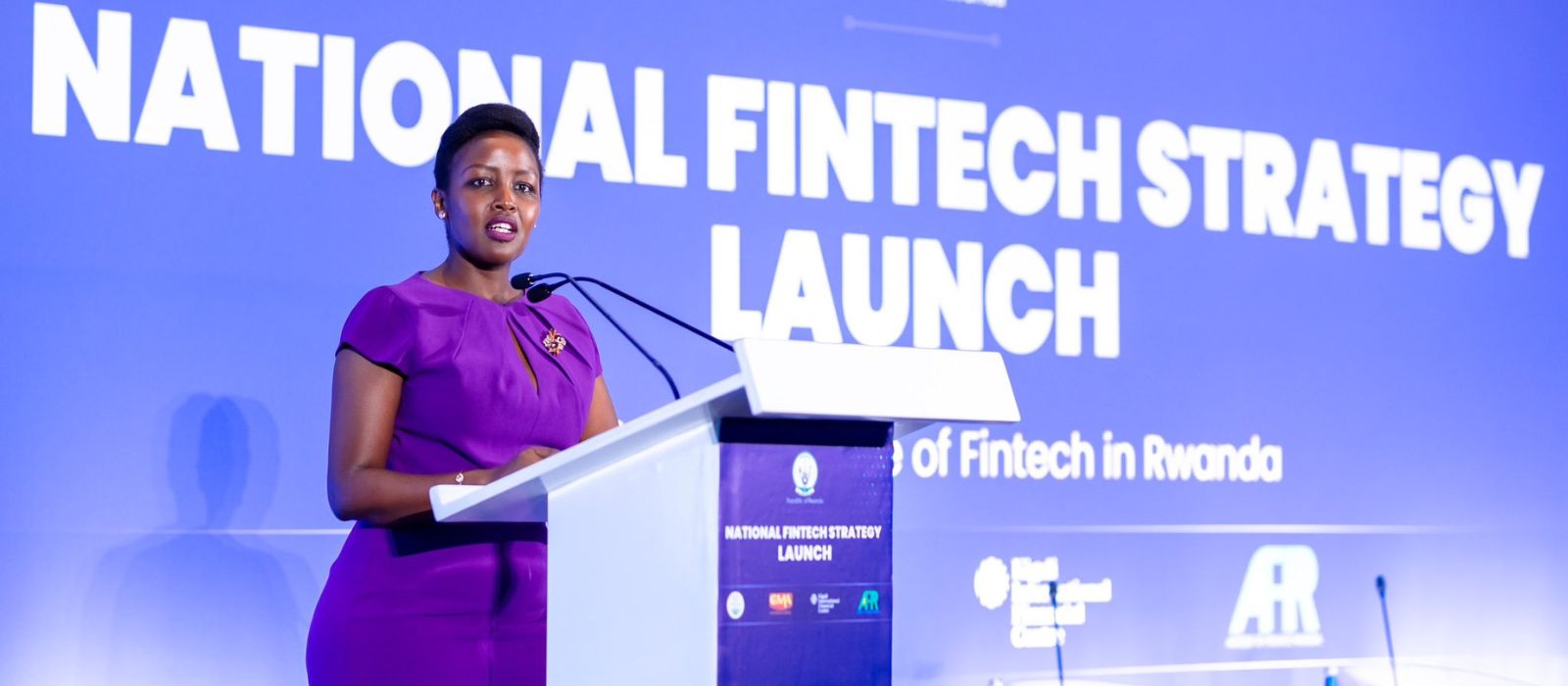
Rwanda has unveiled an ambitious five-year national fintech strategy, aimed at fostering a vibrant fintech ecosystem and positioning itself as a pre-eminent financial hub in Africa. Announced in Kigali on 28 November, the strategy seeks to leverage digital innovation to drive economic growth, attract investment, and deepen financial inclusion across the nation.
The initiative, spearheaded by the Ministry of Information Communication Technology (ICT) and Innovation, underscores Rwanda’s intent to become a preferred destination for fintech startups and a magnet for investment in Africa’s burgeoning digital economy. By placing fintech at the heart of its economic policy, Rwanda is solidifying its reputation as a pioneer of digital transformation on the continent.
Paula Ingabire, Rwanda’s Minister of ICT and Innovation, lauded the move as a landmark moment in the country’s digital journey. “This strategy represents not just a policy document but our commitment to positioning Rwanda as a leading fintech hub in Africa,” she remarked during the launch event.
Fintech—broadly defined as the integration of technology into financial services to enhance their delivery—has been embraced globally as a powerful engine for economic modernisation. Rwanda’s adoption of this strategic direction reflects a recognition of the sector’s potential to catalyse progress, particularly in emerging markets where access to traditional banking services remains limited.
The strategy is underpinned by four key pillars: enhancing financial literacy, facilitating access to investment capital, strengthening regulatory frameworks, and developing cutting-edge digital infrastructure. These foundations aim to create an enabling environment for fintech enterprises while ensuring consumer protection and operational integrity.
The Ministry of ICT and Innovation reports a striking expansion of the fintech sector in Rwanda over the past decade. From a modest three fintech firms in 2014, the ecosystem now comprises more than 75 active players, serving over 3 million users nationwide. This growth has been paralleled by a commendable rise in the financial inclusion rate, which has climbed from 93% in 2020 to 96% today.
The roadmap is both audacious and precise in its targets. By 2029, Rwanda envisions hosting 300 fintech entities, generating 7,500 direct jobs in the sector, and attracting $200 million in investments to locally-based fintech firms. Moreover, the strategy aims to achieve an 80% adoption rate of fintech services across the population and secure Rwanda’s place among the top 30 countries on the Global Fintech Index.

At its core, the strategy reflects a long-term vision to harness the transformative potential of technology in financial services, particularly as Africa’s digital economy continues to flourish. With Africa being home to some of the fastest-growing fintech markets globally, Rwanda’s proactive stance on cultivating a conducive environment for innovation could position it as a model for other nations seeking to capitalise on similar opportunities.
While the strategy is replete with bold aspirations, questions remain regarding its implementation and the extent to which systemic challenges—such as the need for comprehensive infrastructure development and skilled labour—may hinder its execution. The government, however, has displayed a steadfast commitment to overcoming such obstacles, evidenced by its track record of delivering on digital initiatives.
As Rwanda embarks on this strategic journey, its success will hinge not only on policy frameworks but also on sustained collaboration between the public and private sectors. The next five years will serve as a litmus test for the country’s capacity to translate vision into tangible outcomes, potentially redefining its role within Africa’s financial landscape.


